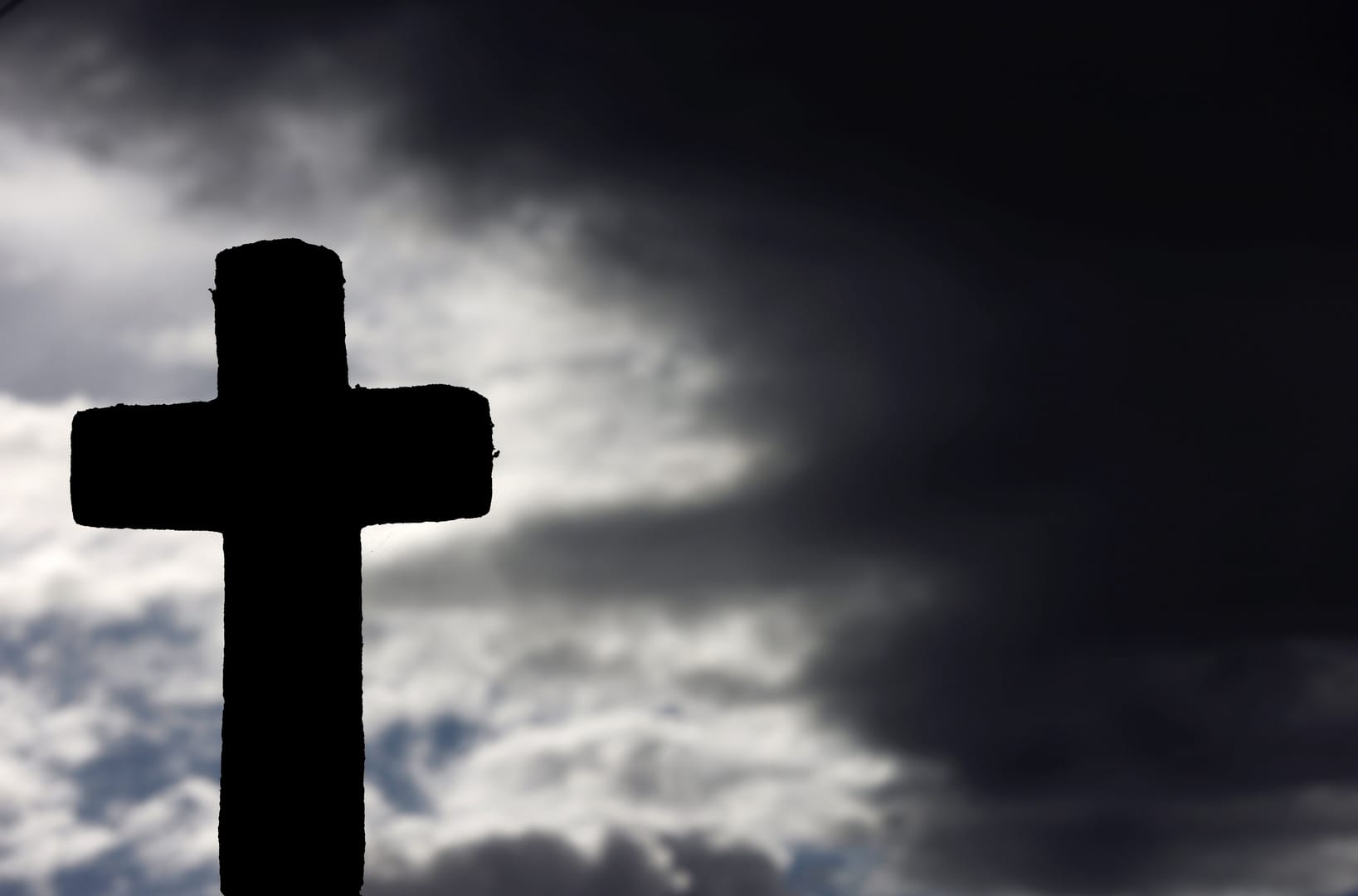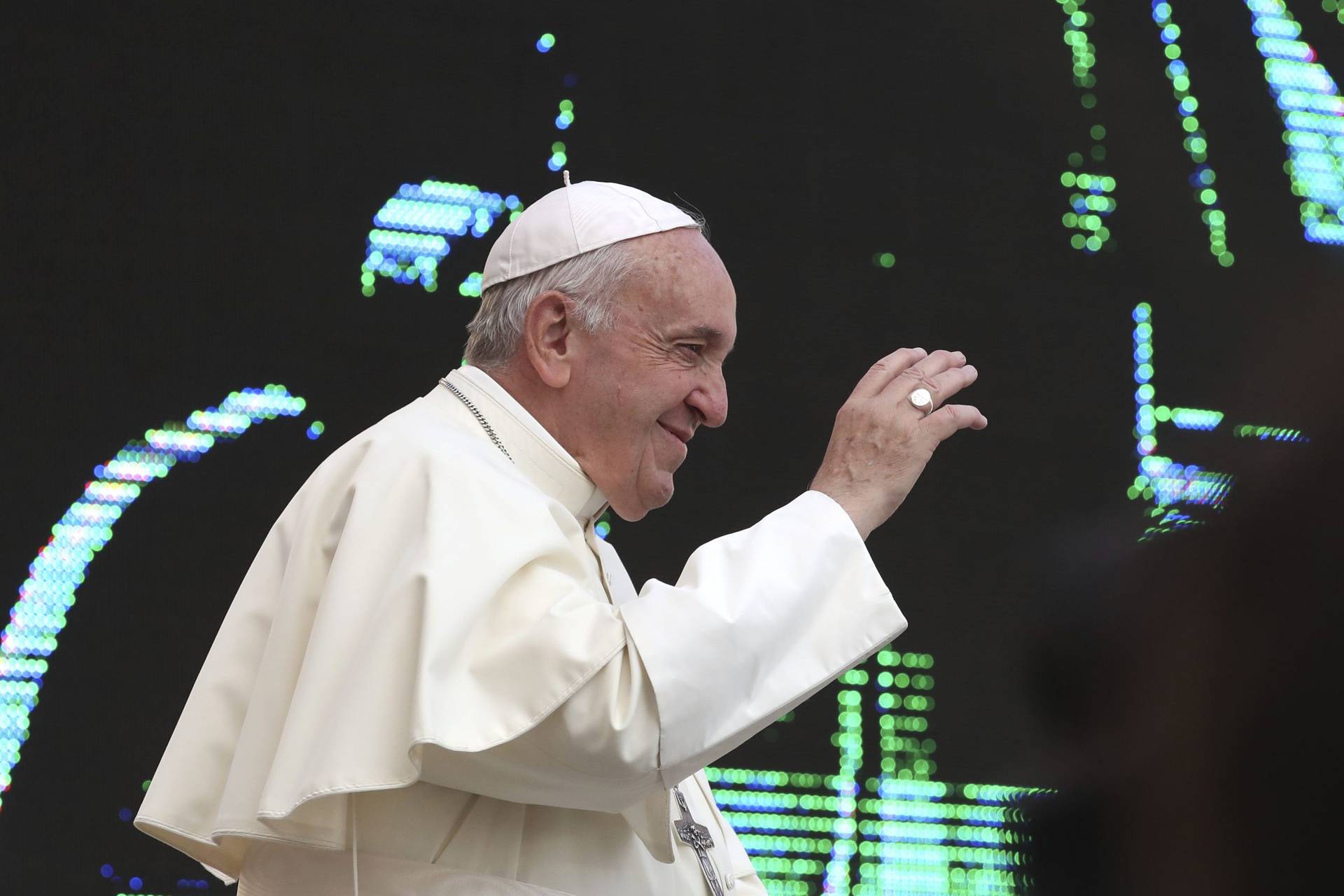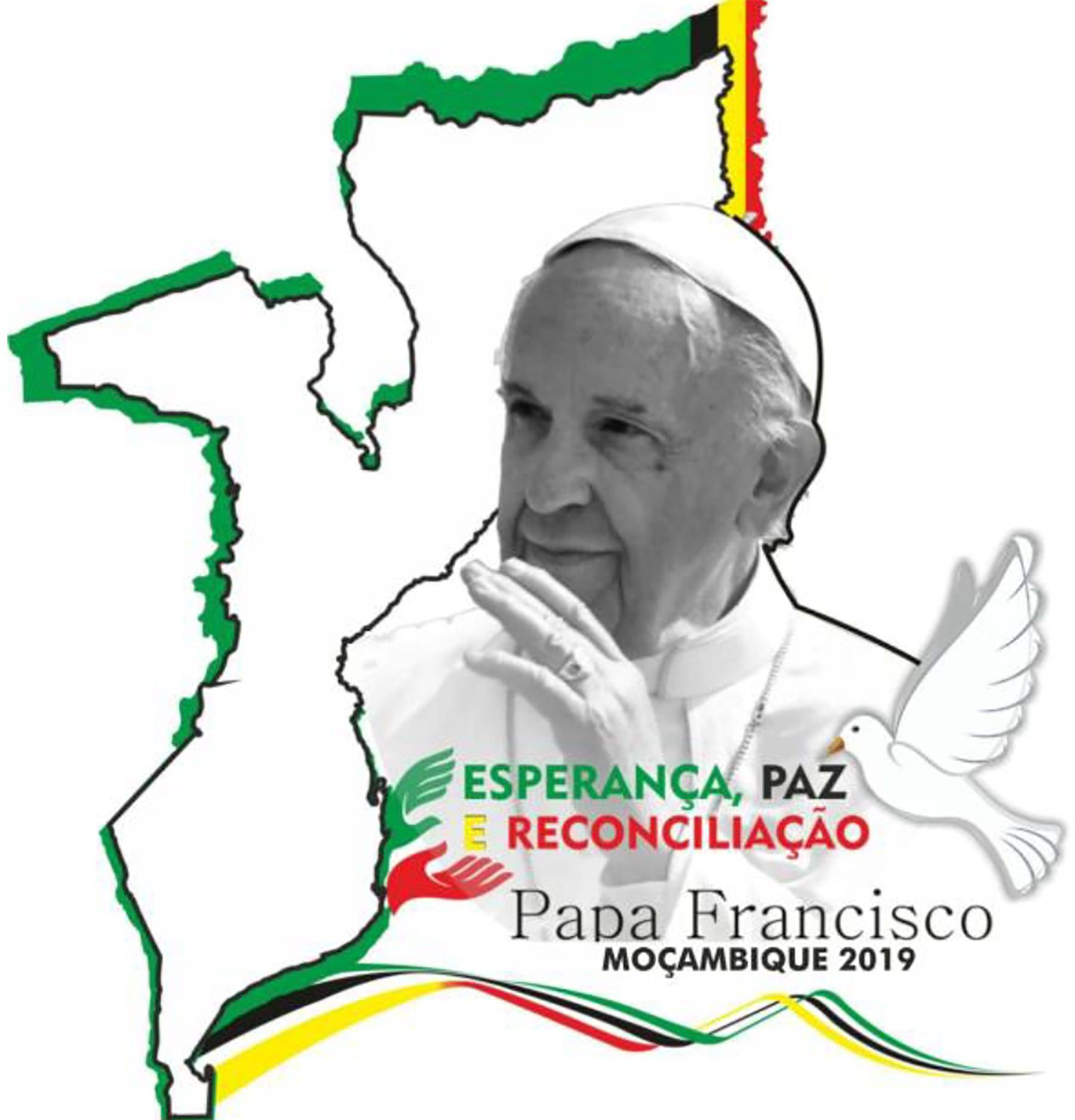The question that haunted Martin Luther about God’s mercy is “the decisive question of our lives,” while the doctrine of justification “expresses the essence of human existence before God,” Pope Francis told a joint Catholic-Lutheran gathering in Lund, Sweden today.
Francis’s words at a joint prayer service at the city’s eleventh-century cathedral to commemorate the 500th anniversary of Luther’s protest at Wittenberg in 1517 are the most positive yet.
He also spoke in unprecedented terms of both sides in the Reformation divide professing and upholding “the true faith.”
The pope’s words go beyond those of Benedict XVI in his 2011 meeting with the Council of the Evangelical Churches in Erfurt, Germany. On that occasion, Benedict XVI said that “Luther’s burning question must once more, doubtless in a new form, become our question too,” but he did not speak about the doctrine of justification in such glowing terms.
While he made no mention of persisting divisions over the Eucharist, the issue is raised in a joint statement signed at the end of the prayer ceremony pledging both churches to continue to work together towards a common Communion.
In 1999 the two Churches reached a groundbreaking agreement over the major theological issue behind the sixteenth-century rift.
Today’s commemoration, held at the start of a year marking the publication of Luther’s 95 theses, is designed to help the two Churches ‘receive’ the fruits of that agreement, the Declaration on the Doctrine of Justification.
Greeting journalists at the start of the papal plane journey to Malmö on Sweden’s southern tip, Francis described his visit as “a very ecclesial journey in the ecumenical field.”
After a brief meeting with Prime Minister Stefan Lofven, Francis left Malmö airport in a Fiat to greet Sweden’s King Carl XVI Gustaf and Queen Silvia before arriving to applause, hymns and tolling bells at Lund Cathedral for the start of the service.
The ecumenical prayer included a confession of the wrongs committed by both Churches as well as a celebration of the journey from “conflict to communion.”
In his address, the pope spoke of “a new opportunity to accept a common path” opened by the 50-year dialogue between the Lutheran World Federation and the Catholic Church, describing it as an “opportunity to mend a critical moment of our history” by going beyond “controversies and disagreements that have often prevented us from understanding one another.”
Noting how the Catholic-Protestant rift “distanced us from the primordial intuition of God’s people, who naturally yearn to be one,” he said the division “was perpetuated historically by the powerful of this world rather than the faithful people.”
“Certainly there was a sincere will on the part of both sides to profess and uphold the true faith,” he continued, “but at the same time we realize that we closed in on ourselves out of fear or bias with regard to the faith which others profess with a different accent and language.”
Speaking in Spanish, the pope pointed to two positive consequences of the Reformation. While separation has led to suffering and misunderstanding, “it has also led us to recognize honestly that without [Jesus] we can do nothing,” he said, and therefore “has enabled us to better understand some aspects of our faith.”
The Reformation also “helped give greater centrality to sacred scripture in the Church’s life,” he added.
Luther’s own spiritual experience, in which he was haunted by the question of how to obtain God’s mercy, “is the decisive question for our lives,” Francis said, adding that in the concept of “by grace alone” Luther “reminds us that God always takes the initiative, prior to any human response, even as he seeks to awaken that response.”
The declaration on justification says that both Catholics and Lutherans confess that “by grace alone, in faith and in Christ’s saving work and not because of any merit on our part, we are accepted by God and receive the Holy Spirit.”
Whereas the pope’s words were billed as a “common ecumenical prayer,” the address by Rev. Dr Martin Junge, the General Secretary of the World Lutheran Federation, was described as a sermon.
Also speaking in fluent Spanish — he was raised in Chile — Junge praised the men and women in the past from both Churches who sought to overcome the Reformation divide through dialogue, prayer and common works of charity.
“Jesus never forgot us, even when we at times appeared to have forgotten him, losing ourselves in hate-filled, violent actions,” he said.
Calling for “even deeper dialogues,” Junge said both sides should now focus on “the centripetal force of baptism” in order to counteract the “centrifugal forces which threaten always to separate us.”
The Catholic Church has long recognized the validity of Lutheran baptism, but strong differences remain over Communion, despite both Churches professing the reality of Jesus’s presence in the Eucharist.
Unlike Pope Francis, who made no mention of the question, Junge made clear that intercommunion was a shared goal of Lutheran-Catholic unity dialogues.
God, he said, would like to see Catholics and Lutherans coming together around “tables where we can share the bread and wine, the presence of Jesus Christ who never left us, and who calls us to remain in Him so that the world might believe.”
For his part, Francis concluded that “We Christians will be credible witnesses of mercy to the extent that forgiveness, renewal and reconciliation are daily experienced in our midst.”
Without such witness, he said, “Christian faith is incomplete.”














